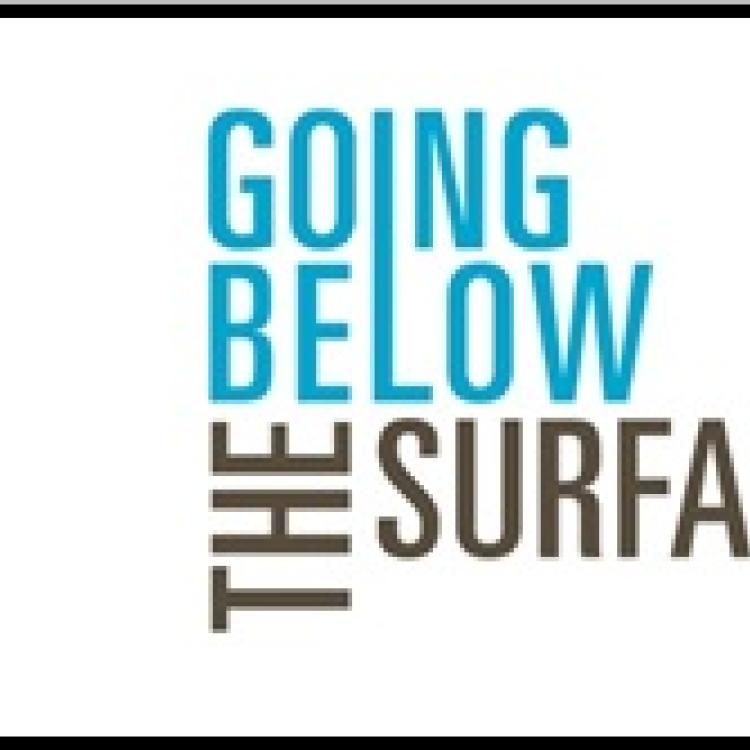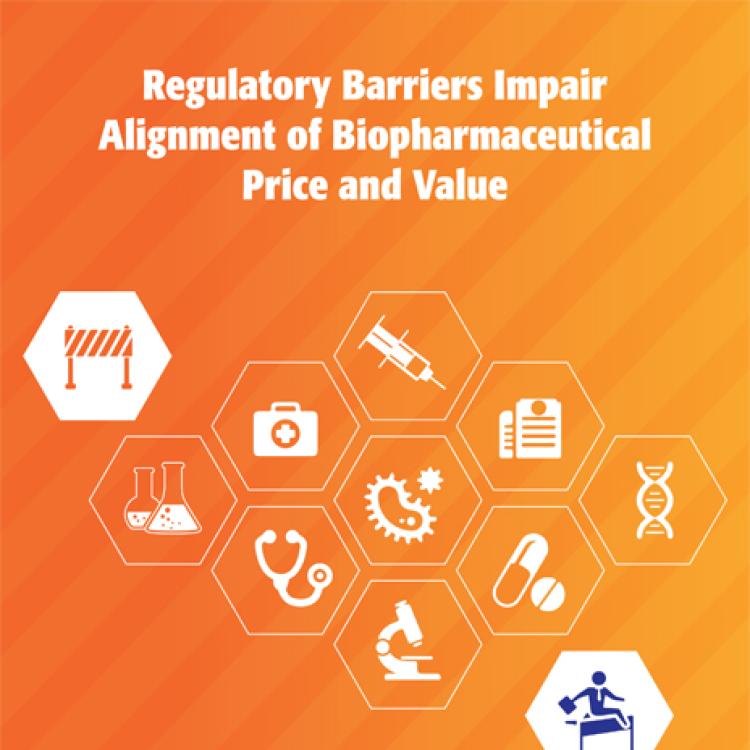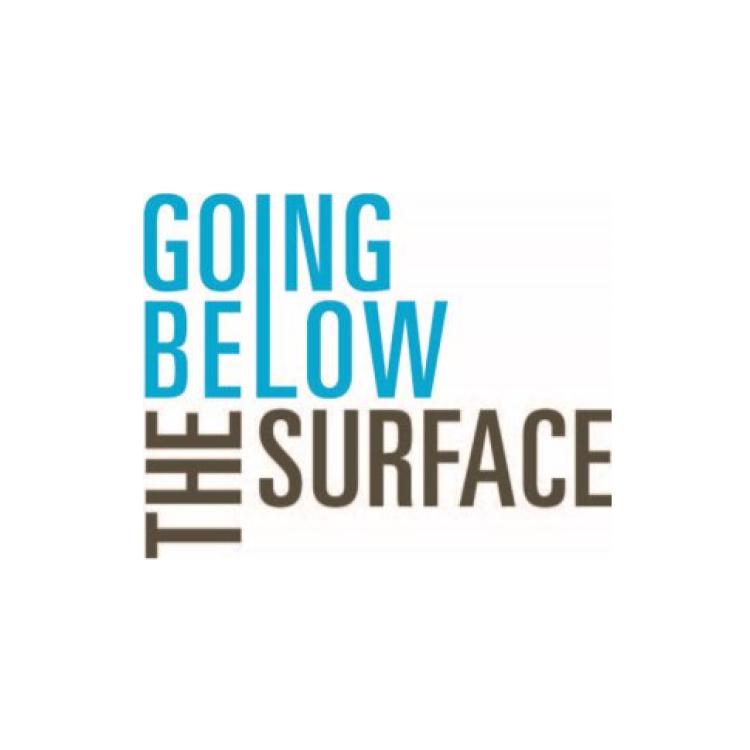Resources
The National Pharmaceutical Council (NPC) is a health policy research organization dedicated to the advancement of good evidence and science, and to fostering an environment in the United States that supports medical innovation.
Filter by:
Topic
Topic
- Accountable Care Organizations
- Alternative Payment Models
- Biopharmaceutical Innovation
- Bundled Payments
- Clinical Pathways
- Decision Frameworks
- Elements of Value
- Evidence for Decision Making
- Formulary/Benefit Design
- Formulary Development
- Good Practices for Evidence
- Health Care Quality Measures
- Health Spending
- Health Spend Management
- High-Deductible Health Plans
- Impact on Outcome & Spending
- Individual Treatment Effects & Personalized Access
- Low-Value Care
- Pandemic Response
- Patient Cost Sharing
- Paying for Cures
- Policy & Regulatory Barriers
- Real-World Data
- Real-World Evidence
- Regulatory Barriers & Challenges
- Understanding Health Spending
- Utilization Management & Step Therapy
- Value-Based Contracts
- Value-Based Insurance Design
- Value Assessment
- Value Assessment Frameworks
- Value Assessment Methods
Resource Type
Audience
Audience
Display Only
Showing 587 Results
One Size Doesn’t Fit All: The Limitations Of Assuming Data Consistency In Health Spending
The Health Affairs Blog today published a piece from RTI International, RTI Health Solutions and National Pharmaceutical Council researchers detailing the assumptions made – and the…
What’s Next in Precision Medicine?
Personalized medicine is greatly changing health care practices, as well as how innovative treatments are being developed.
NPC in Chain Drug Review: The Impact of PBM Rebates at the Pharmacy Counter
There is a mismatch between the savings pharmacy benefit managers (PBMs) boast about and the pinch patients are feeling in their pockets, as well as the disconnect between the role employers…
Breaking Down Regulatory Barriers to Value Pricing for Prescription Drugs
Paying for prescription medicines based on their value to patients is increasingly seen as a promising technique to combat rising medication costs. But while other parts of the health care sector are…
Managing PBMs: An Employer’s Perspective
During a webinar hosted by the Integrated Benefits Institute on March 5, Chuck Reynolds, consultant for Benfield, a Division of Gallagher Benefit Services, and Kristen Putnam, Director, Global…
Paying for Patient Care: Understanding the Costs and Benefits Now and Later
A new infographic based on a National Pharmaceutical Council peer-reviewed study explains how gaps between upfront costs and long-term savings of innovative treatments can emerge, why we need to…
National Pharmaceutical Council President Dan Leonard in Specialty Pharmacy Times: How Do We Pay for Medical Innovation?
In this month's Specialty Pharmacy Times, National Pharmaceutical Council President Dan Leonard says it’s time to think differently about how we pay for health care and assess value and benefits.
NPC in Morning Consult: “Why Is Drug Spending So High?” Is the Wrong Question
In a column published in Morning Consult, NPC Chief Science Officer and Executive Vice President Robert W. Dubois, MD, PhD, explains that asking why drug spending is so high assumes that…
A Focus on Patients, Innovation on Rare Disease Day
February 28 is Rare Disease Day, highlighting both the progress made to date in developing treatments for rare diseases, as well as how much work remains to be done. Nearly one in 10 Americans…
Coverage Decisions May Drive Potential Health Care System Inefficiency
New research from Tufts Medical Center and the National Pharmaceutical Council indicates that patient access to therapies depends on factors other than cost and clinical benefit.
National Pharmaceutical Council in STAT: The (relative) risk in misinterpreting health spending statistics
National Pharmaceutical Council Chief Science Officer and Executive Vice President Robert W. Dubois, MD, PhD, explains in his column in STAT that the absolute numbers tell a different story than the…
Health Care Spending Expected to Increase, According to Latest CMS Figures
National health care spending is expected to increase to $5.7 trillion and comprise nearly 20% of the Gross Domestic Product by 2026, according to the latest statistics reported today by the Centers…













